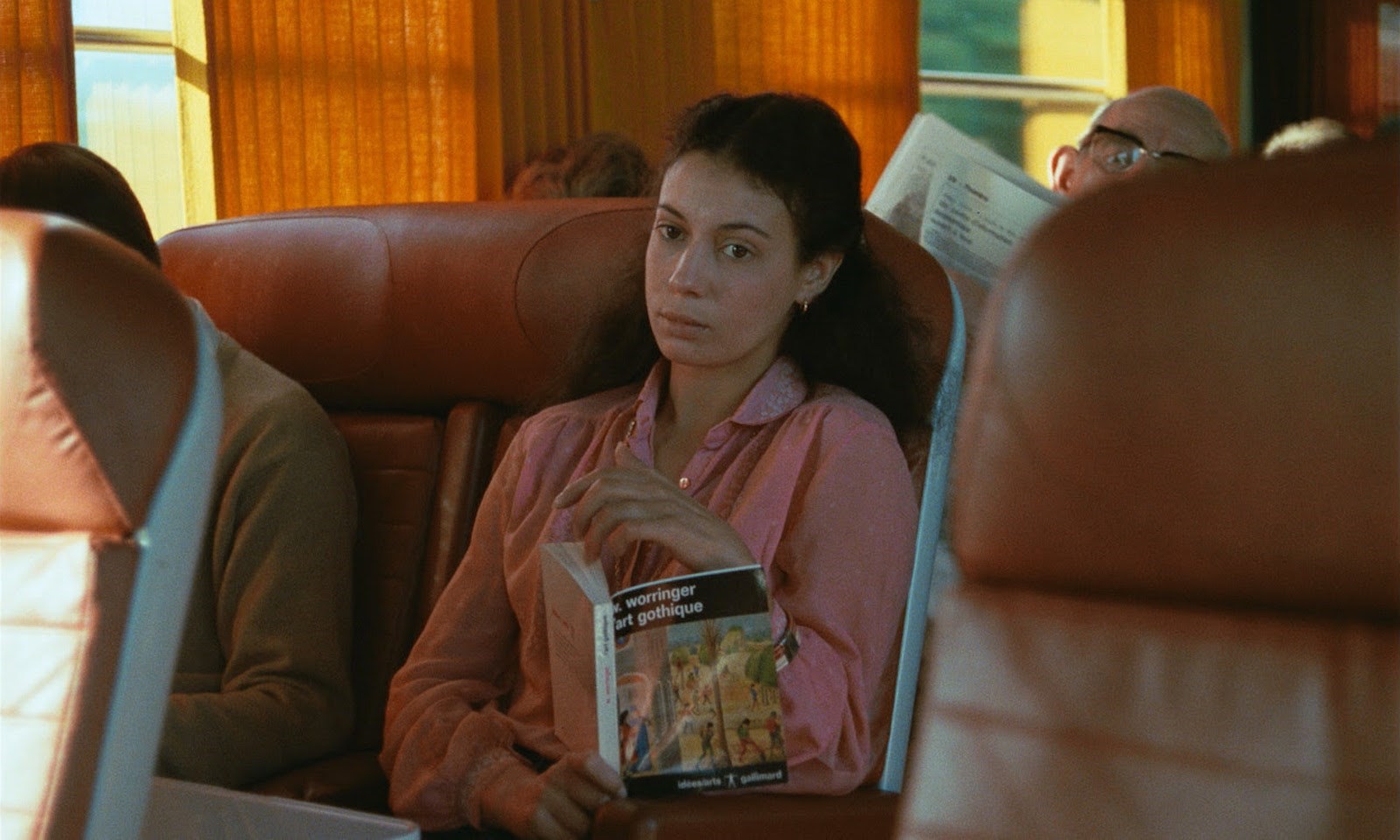There’s something about emerging from lockdown that has made diaristic writing feel fresh. It’s probably to do with all that time we spent alone: suddenly, the ordinary rush and press of moving through the city, of a commute, has become interesting again. One way to observe all of it might be through the window of a bus, and one way to write it down might be via iPhone notes. Recently, I’ve been in a new city (Berlin) and have tapped into my screen such fascinating observations as, “Man hissing and kicking swans while feeding them,” and, “Stylish girls dress like tap dance troupes.”
It’s with far greater insight that writer Lauren Elkin (Flâneuse) transmutes her iPhone notes from her former regular bus commute into a new book, No. 91/92: Notes on a Parisian Commute (shortened to “the bus book” when we speak). For her, the practice of noting down her thoughts and observations to and from her university teaching post between 2014 and 2015 became a new way of seeing – or, as she writes in the book’s introduction, a way to “observe the world through the screen of my phone, rather than to use my phone to distract myself from the world.” When she spoke with me from her Liverpool home in mid-September, she was both in the process of promoting the bus book – she spoke with Deborah Levy for the LRB, the night before we did – and about to go into deep-editing mode for her next one, Art Monsters.
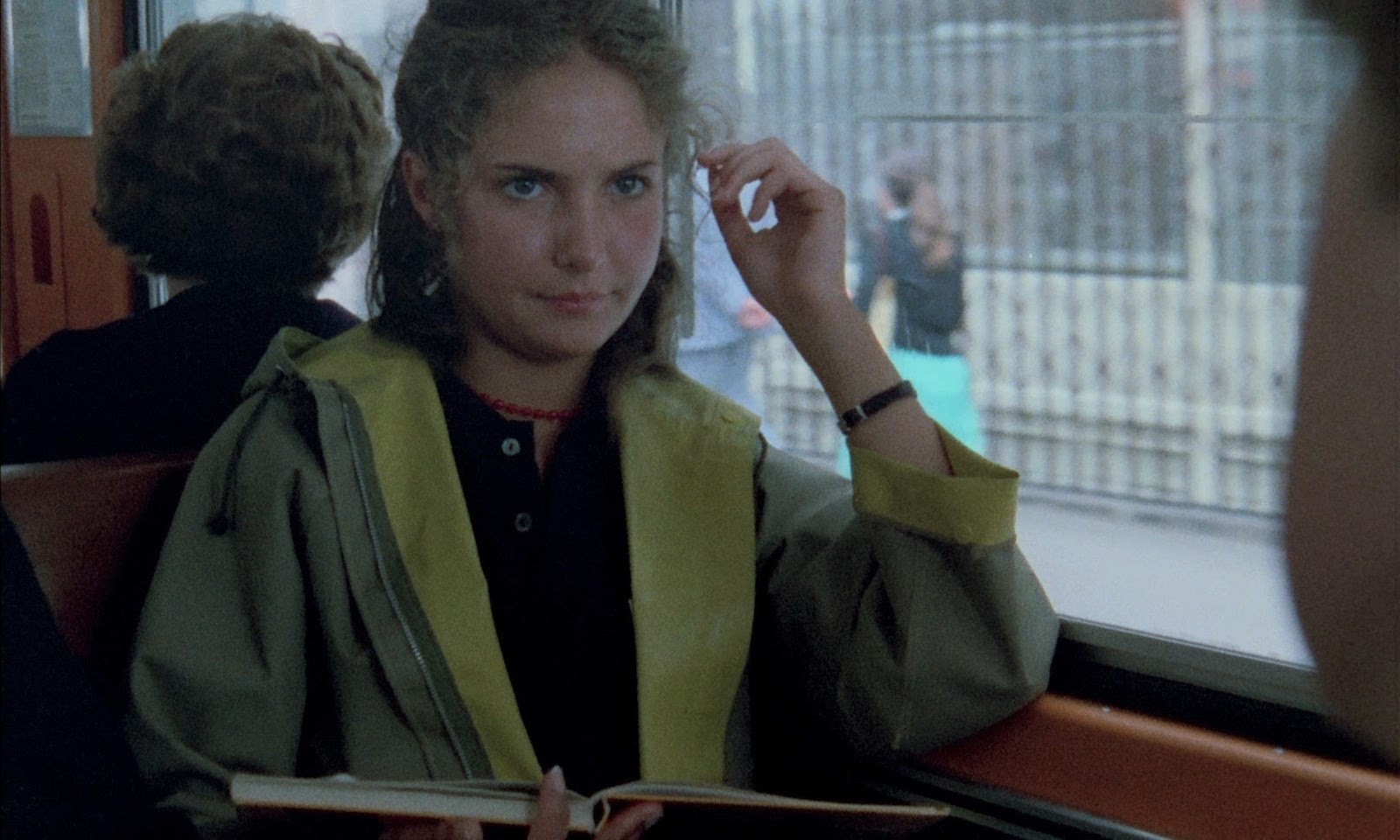
Speaking in 2021 about a commute, and events, from what must feel like another life – the bus book was composed when Elkin was in a different relationship, and dovetails with upsetting personal and public events (the Charlie Hebdo attacks; the writer’s own ectopic pregnancy) – must create a strange kind of time-slippage, one occurring on top of the altered relationship to time passing already created by Covid-19. But for Elkin, revealing the bus notes all these years later has been a way for her to reconnect with the world now, not to dwell on a previous one. “I think there’s something really nice about remembering the ways that we used to live together,” she says. “It gives us something to look forward to – that there will be a time when we will share air with other people again, and smell their smelly smells again, and be annoyed by people all over again.”
Punctuating her in-the-moment entries, Elkin brings in the perspectives of other writers who have written the city through its public transport; her text is punctuated with references to these other writers, like Georges Perec, Zadie Smith, and Virginia Woolf. But it also contained, for me, a world of other references between the lines. Maybe it’s Paris, or the descriptions of other people’s clothing, or just the occasional, bittersweet ennui, but I couldn’t help but see some of director Éric Rohmer’s weary travellers in the text; a favourite filmmaker of Elkin’s too, which is why you’ll see certain of his coterie dotted throughout this piece. But in the end, Elkin’s book is a tribute to the community to be found in city life, and the determination, bravery, and ordinariness of the men and women who move through it. To quote a character of Woolf’s in The Waves, No. 91/92 is a call to not only “think of the superb omnibuses, red and yellow, stopping and starting, punctually in order”, but to “think of men, think of women, equipped, prepared, driving onward … ”
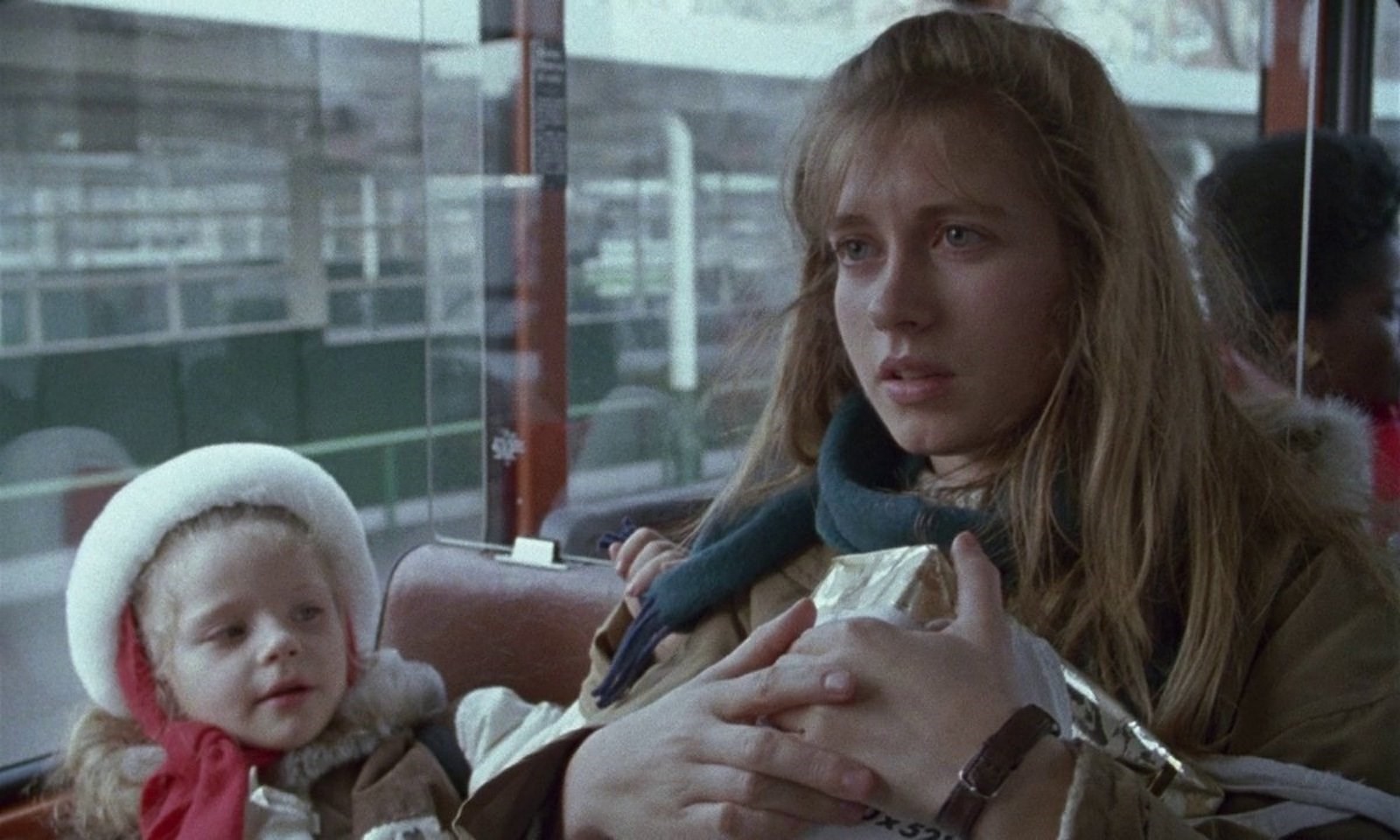
Claire Marie Healy: How has it felt having this particular kind of writing out in the world and being received by people?
Lauren Elkin: It’s been fine – gratifying, even. It had just been sitting on my hard drive. I had taken it out to show my two editors in America and in the UK, who said, “maybe it’s not right for our list”. I thought, maybe this isn’t really a book. But during lockdown, I had this urge to see if this book could possibly come out into the world, this urge to connect with the world somehow. Since it’s been published, I’ve been speaking to so many brilliant people about it – Deborah Levy last night – and they’ve been finding so much in it. And I’ve been thinking, god, this is a book that I put together with the skin of my brain, on intuition. I have so much more invested in these other books that I have laboured over, like Flâneuse or Art Monsters. But having a nice response to a book like this, where I was just like, I’m just going to do it and see if it works, has felt amazing. And the personal material is at such a remove now: I was in a completely different relationship when I had that pregnancy and that’s long since ended. And I’m very happy now, and to have the child that I have now.
CMH: Something I really liked was how this practice invites considerations of communality, and community, in the city, but also considers how part of that community is a certain irritation with others, or judgement of others. It’s a kind of acknowledging of difference.
LE: Yes. One thing I write about is the difference between the everyday and the event – these moments of what [Georges] Perec calls the extraordinary as opposed to the infra-ordinary. Those are moments when we’re all thinking the same thing. I remember that from New York, after 9/11. I’m obviously remembering that a lot more since the anniversary is tomorrow. There was a kind of measurable amount of time, in the days and weeks immediately following, that the only thing anyone was thinking about was that. You would walk down the street, and think: “No, we’re all thinking about the same thing.” We’re all dealing with it. So what I was interested in tracing in this book, [mainly] retrospectively, was registering how after the event, there was a time when we were all thinking about the same thing. But how slowly, gradually, we got back to our everyday lives. So yes, that irritation is an important sign that we’ve absorbed the event. It’s woven itself into our everyday, [and] now we can go back to like, hating each other. Like Covid – we had that lockdown moment when we all stood outside and clapped for the NHS. But we very quickly went back to loving resenting one another!
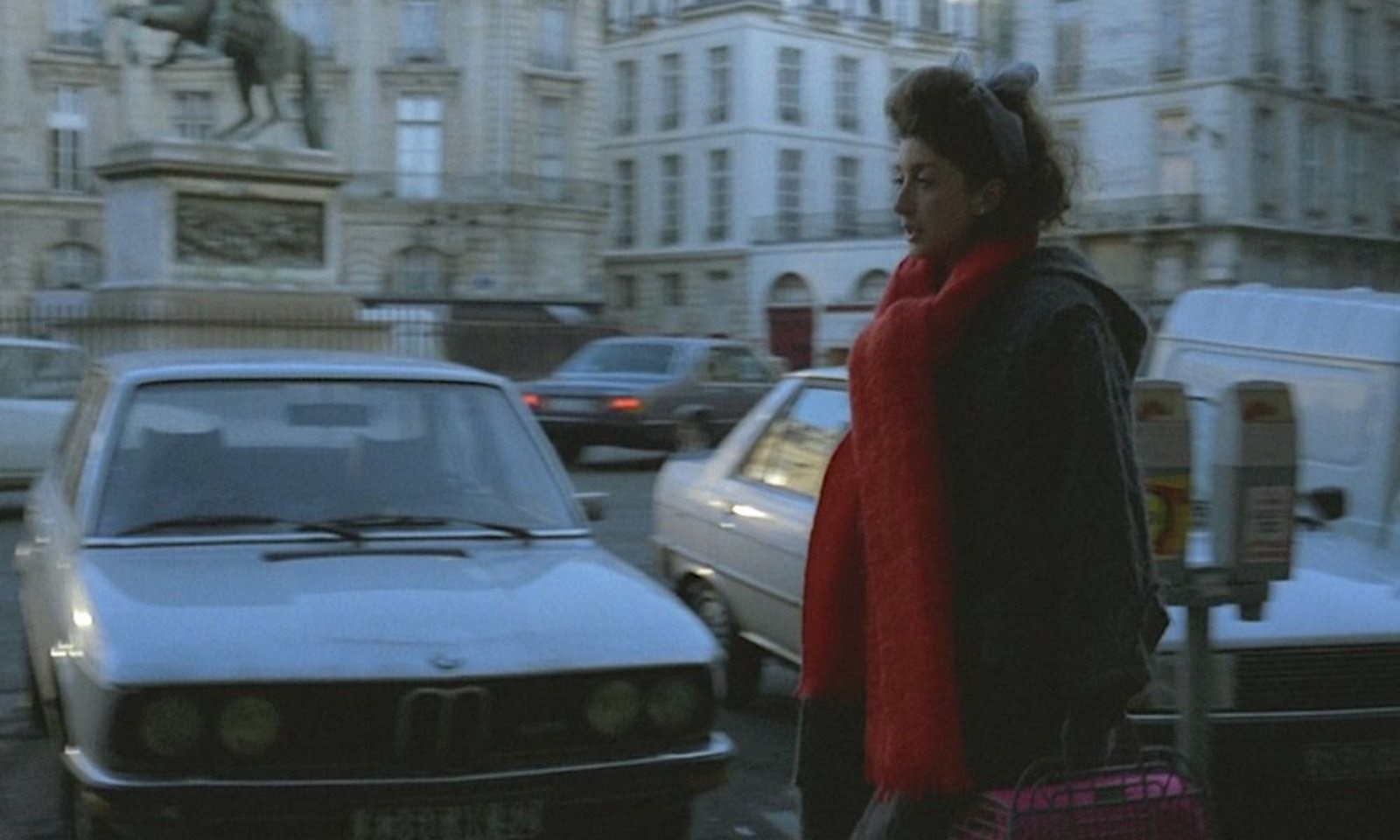
CMH: Especially at first, you’re exploring the sensations of the experience of commuting, but then you start to think a little bit more about the idea of the bus itself. Did the bus open you up to a kind of communion with writers of other eras?
LE: That makes me think of a really great ad in the London underground, actually, when it had their anniversary a few years ago. It had people on an escalator from every decade or so of the tube. All these ghostly people from the Victorian period down at the bottom. And then someone from the world war two period, and then a punk, and then someone from our own age. And then there was this weird, kind of green, futuristic-looking person at the top that was the commuter of the future. It was so freaky.
So yes, while I was taking the bus, I was very much seeing it through the lens of Woolf writing about buses, or Zadie Smith writing about buses. And there’s that weird tension in Woolf’s work in terms of transport – in The Years, it’s the 1930s, and there’s the depression, and people are badly off. And so the bus becomes this place where people are kind of atomised. Whereas earlier, in Mrs Dalloway, there’s that great scene with Elizabeth riding the top level of the bus, this great scene of liberation. Woolf writes in her journal, very early on after their father’s death, how she and her sister would take the bus up to Hampstead Heath for the day, and sit on the top deck. I like to think about them together.
CMH: I also thought of the public transport in Elizabeth Bowen. Like To The North, the cars and sense of sheer speed in that.
LE: Oh my gosh, you know Elizabeth Bowen is like, my woman. The airplane moment (with lovers Emmeline and Markie) in To The North is what I wrote a lot of my PhD about, because it’s so bizarre the way that there’s all this noise on the flight and they can’t hear each other. And so he has to write on the Tatler next to her that he can’t ever marry her. It’s like the precursor to the Post-It break-up in Sex in the City. It’s so kinetic and weird, that they’re in this space of no communication up in the sky.
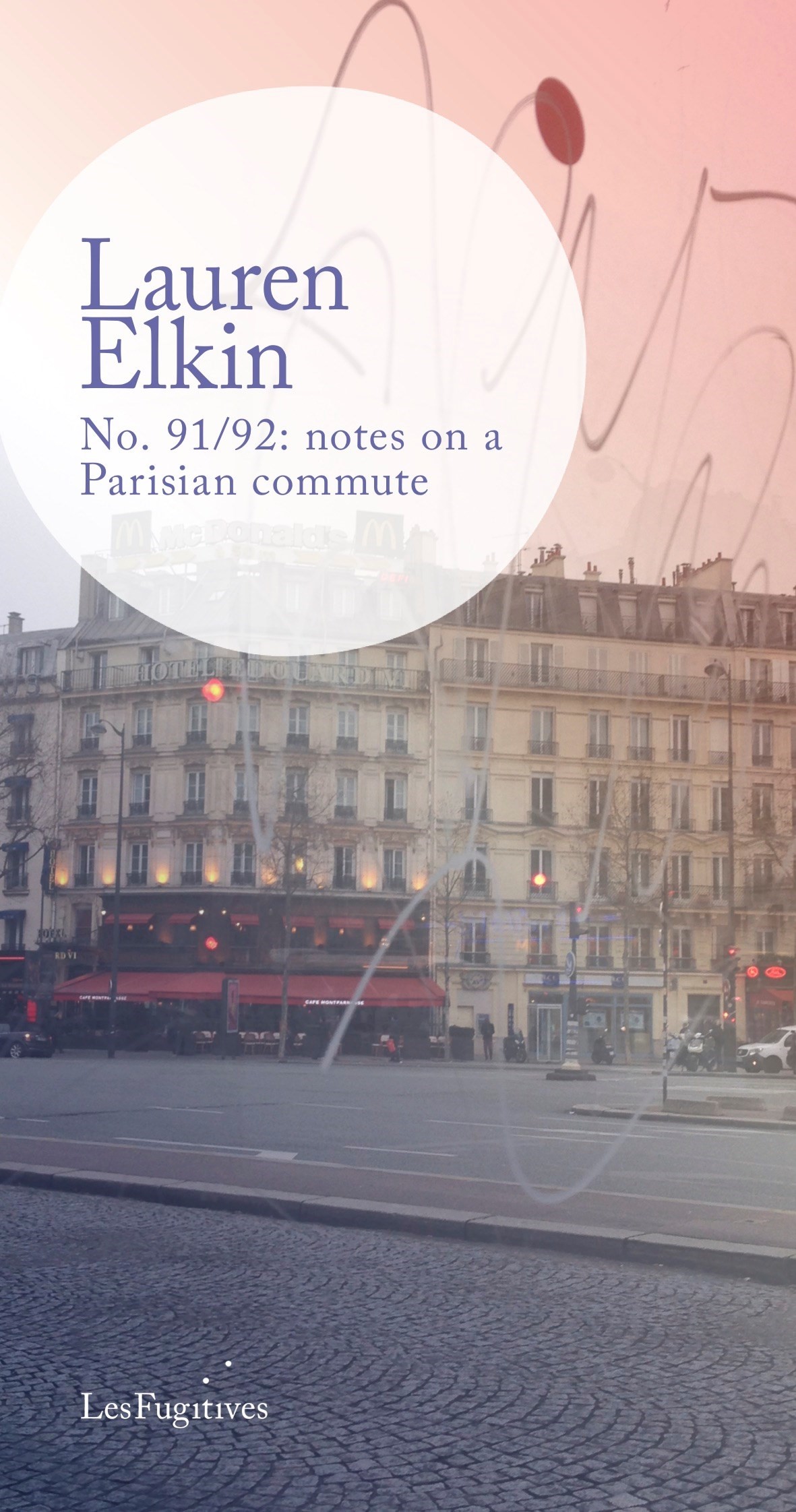
CMH: Your practice of making the bus notes is also a kind of an attempt to pay attention, in a different way. Was this a freeing exercise for you, in terms of how you approach your other writing or your criticism?
LE: Completely. For a long time, I’ve thought of myself mainly as a literary critic who sometimes writes other things – like, I wrote a novel a really long time ago that came out in France. And I couldn’t find a way to make the two kinds of writing come together. I struggled with academia and trying to find my place there. Flâneuse is such a hybrid book, because it’s in that book that I’m really staging this intervention with myself and trying to find a way to blend (literary criticism and creative writing). But you can still see very distinctly the two different kinds of writing. With Art Monsters, I’m past that. And this is really the hinge book – the exercise of writing like that every day helped me make the transition. A transition from feeling like a secondary source, to feeling like I could be a primary source.
CMH: It’s so interesting how this thing you wrote, in this particular moment six or seven years ago, throws up a lot of the same questions that are pre-occupying us now. There’s a tension, now, between the freedom of not necessarily having to commute but also at the same time a kind of cordoning-off that feels dangerous – the trend among liberal, well-off circles to “escape” to the countryside, for instance.
LE: It’s a total accident. I quote a moment in Zadie Smith’s NW where she quotes Thatcher, who said that anyone over the age of 30 who takes the bus can consider themselves a failure. I mean, no wonder Margaret Thatcher thought there was no such thing as society, if she was always driving her car instead of catching the bus. Bus riding is a testament to how wonderful cities are: that you can find yourself sitting next to someone that you would ordinarily never come in contact with. That’s your community. And it’s so often a concept that I think is co-opted by the right to exclude people: and say, “Oh, this is my community.” But sometimes dangerously on the left as well, like, you’re not in my community, therefore you can’t comment on the community. But maybe what makes us a community is that you’re all from different walks of life. Maybe we have our own imagined communities of family, or affiliation. But we do arguably have a more general one that we’re all trying to get through things together with, by causing as little harm to each other as possible. And maybe that’s the thing that unites us.
No. 91/92: Notes on a Parisian Commute by Lauren Elkin is published by Les Fugitives, and is out now.
